Çine
The previous name of the district was Kıroba. After Eskiçine lost its importance, its name was changed to Çine as a result of the settlement and population that developed in the village named "Kıroba" and outgrew Eskiçine. This beautiful valley and the Çine Stream flowing through it are the subject of the Marsyas legend in mythology. The legend goes like this: While Goddess Athena was walking around the edge of the stream flowing through this valley and playing her pipe, she saw her cheeks bulging in the water. He found the opposite ugly and threw it away. Marsyas, who found the pipe, began to play it so beautifully that his fame spread everywhere. He came to challenge God Apollo, who saw himself as unrivaled in music. Apollo invited Marsyas to the competition. King Midas also became a referee. Even though Marsyas played the pipe better, he was declared defeated, but Apollo, who could not overcome his jealousy, skinned Marsyas and turned Midas's ears into donkey ears. But later he regretted what he did and turned Marsyas' body into a river. This is how the ancient name Marsyas, today known as Çine Stream, was formed. The history of the district dates back to ancient times due to its fertile lands, favorable natural conditions and location on trade routes. It is one of the rare Aegean districts that was not invaded by the Greeks, as the bridges over the Büyük Menderes were destroyed by militia forces during the War of Independence. And for this reason, Çine district does not have an Independence Day. Turkey's first female headman, Gül Esin, was elected in Çine Karpuzlu Demircidere village. The late Tahsin Işık and his father invented Çine meatballs in the early 1900s. They really experimented long and hard to create a different taste and created the meatballs we eat today. He opened his first meatball restaurant in 1930. It currently continues its operations with two businesses, one in Çine and one towards Muğla road. Tahsin Işık has not given the secret of this wonderful taste to everyone. The number of people who still know how to make this meatball does not exceed 50. They are also Tahsin Işık's relatives and the staff working with him. Our district depends on its traditions. One of the most important principles of the phenomenon of efelik is to keep one's mouth shut. Since Tahsin Işık grew up with that culture, he did not even tell his 50-year-old customers the secret of his meatballs. The meatball sellers still in the district do not tell anyone the secret of this meatball. Çine, which is a truly traditional place, has not been able to utilize these opportunities even though it is on the route of touristic districts such as Marmaris and Fethiye. Finally, in the early 2000s, luxury meatball and garbage shish restaurants were opened one after the other on the road. On summer days, these restaurants are packed with holidaymakers. One portion of Çine meatballs consists of eight meatballs made from 100 grams of minced meat. While it is served with fresh bread in the city, it is served with fried bread and lavash in roadside restaurants. Tomatoes are also served fried.



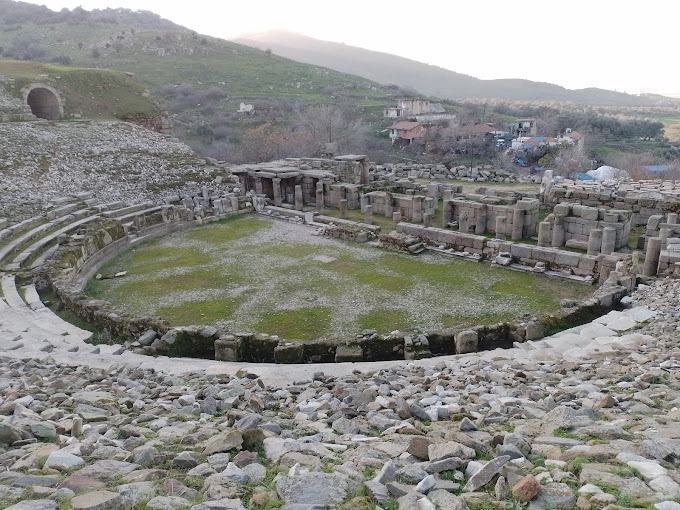
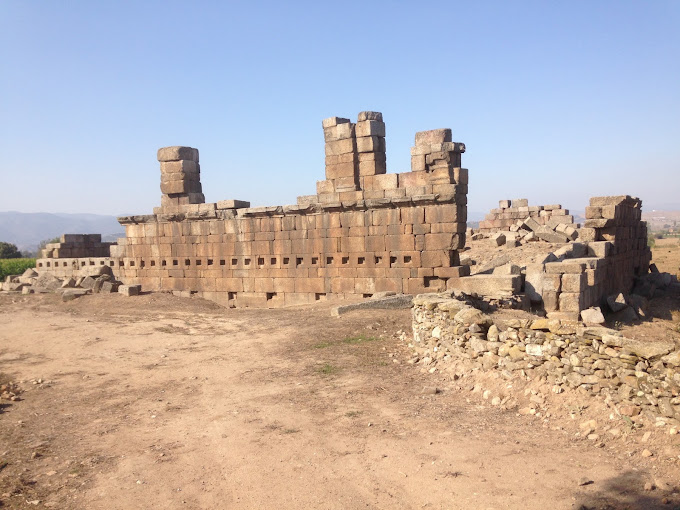



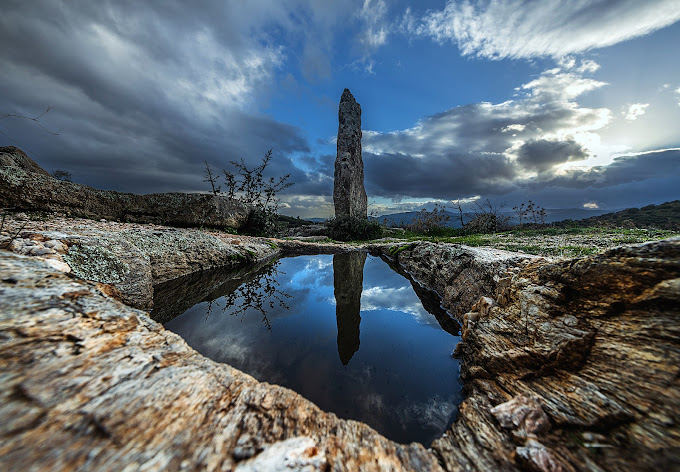
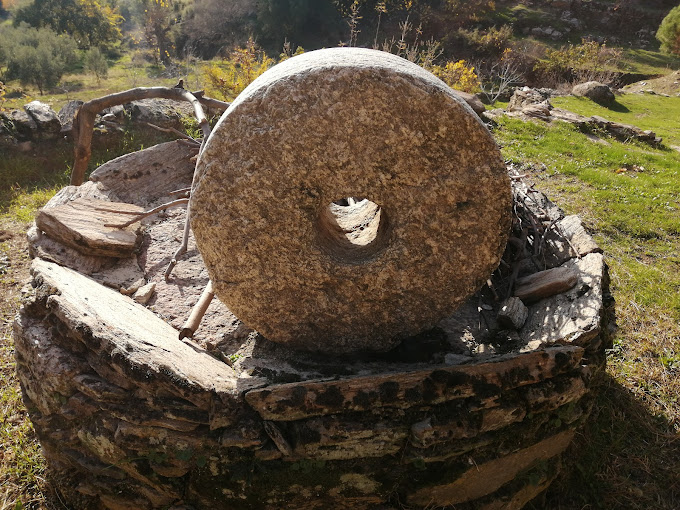
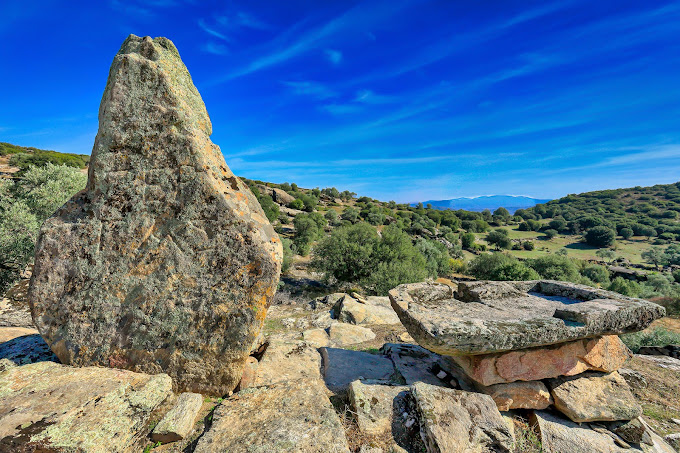
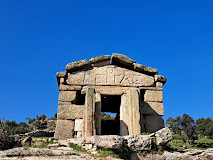
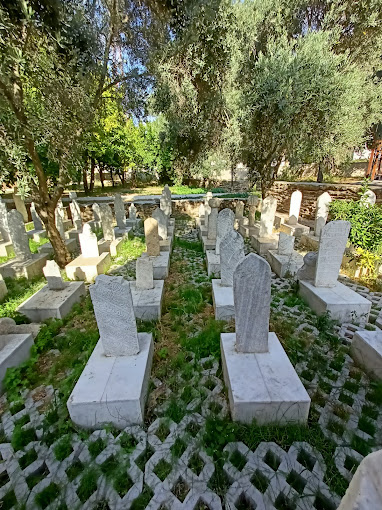
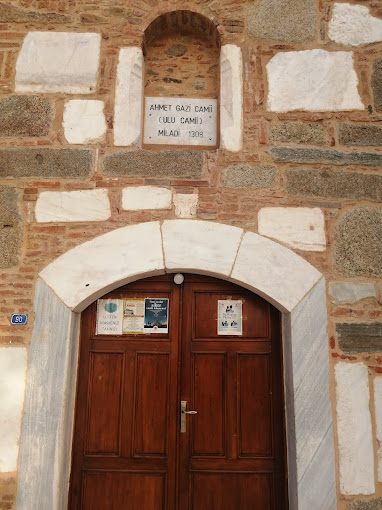
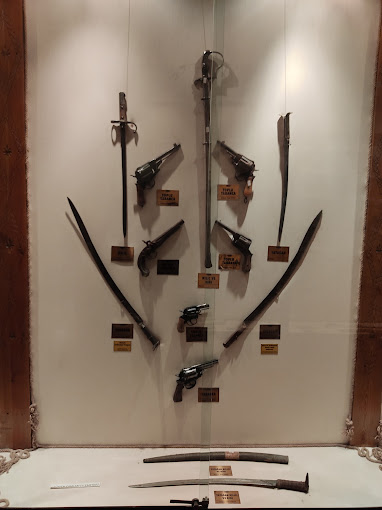
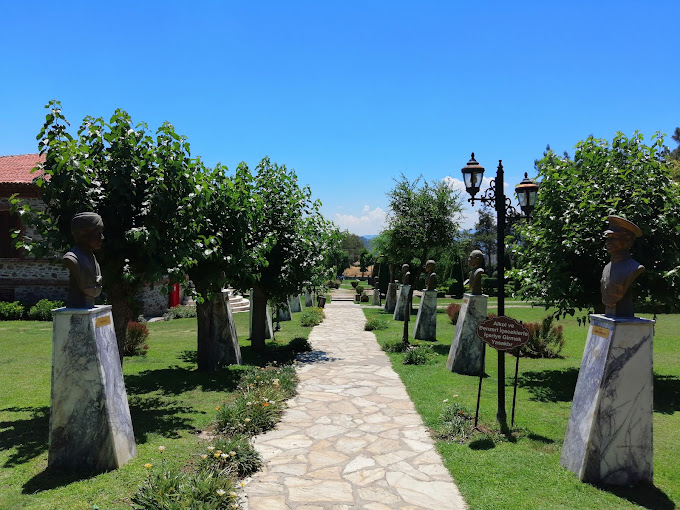
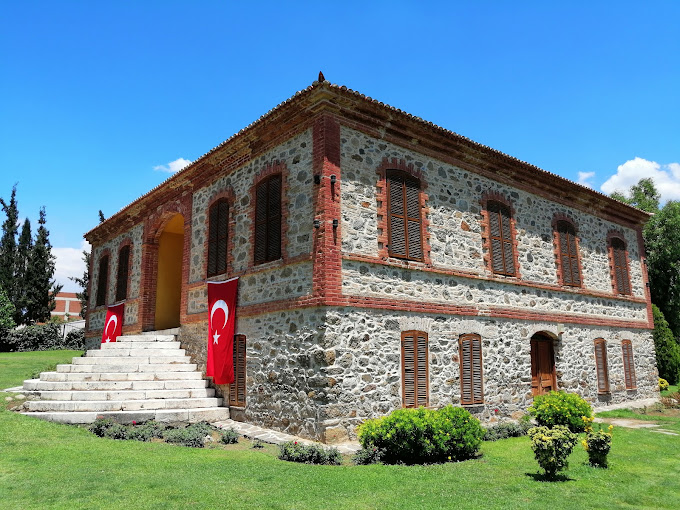
Leave Your Comments